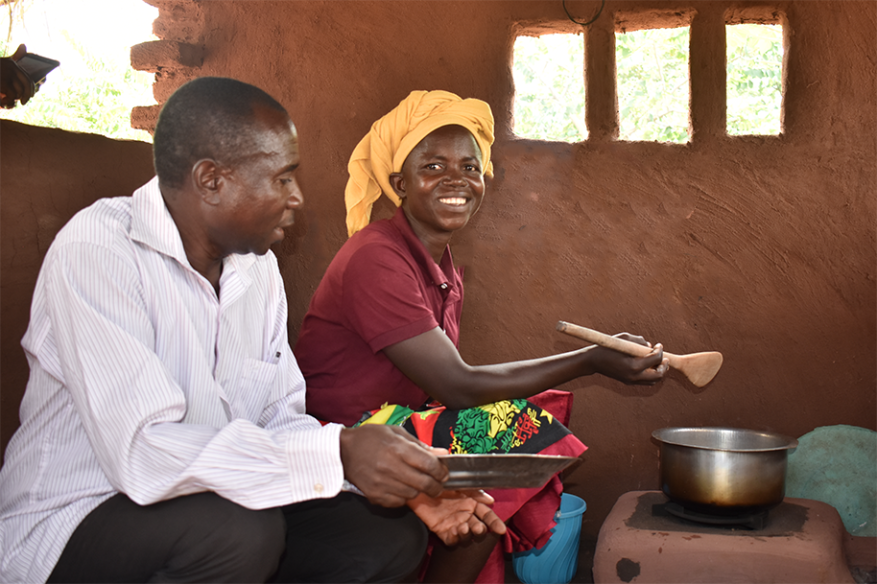Kondwani used to earn a living selling charcoal. It was an unreliable source of income, and it was also harmful to the environment.
The 43 year old father of three struggled to make ends meet and provide for his family.
Things changed when Kondwani and his wife Wongani enrolled in a new programme that sought to train and support almost 30,000 vulnerable households in Malawi.
“The training really transformed our mindset towards business. We started to grow and sell tomatoes commercially, and have since earned close to €3,000 in profits from our crop.” With this, they bought a water pump, goats and two cows. “We have also explored other means to generate income, and have joined our local Village Savings and Loans group. We have also built a better house,” Kondwani said.
Kondwani and Wongani have been able to afford school fees for one of their sons to attend secondary school and their eldest child to study medicine at one of the most prestigious colleges in Malawi.
The couple’s shared involvement in the business has brought them closer together as a couple and as a family. “I am a happy wife. Before the project, we didn’t work together, but now we’re busy, and collaborating closely with each other,” Wongani explains.
The SoSure Project, funded by the European Union, provided participating households with training and farm inputs, and helped thousands of families like Kondwani and Wongani to break the cycle of poverty and food insecurity.
It established 24 seed multiplication groups, trained 1,399 volunteers on nutrition awareness, and created 57 natural resource management committees, whose members were trained in forest management, resulting in more than 220,000 new trees being planted.

